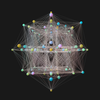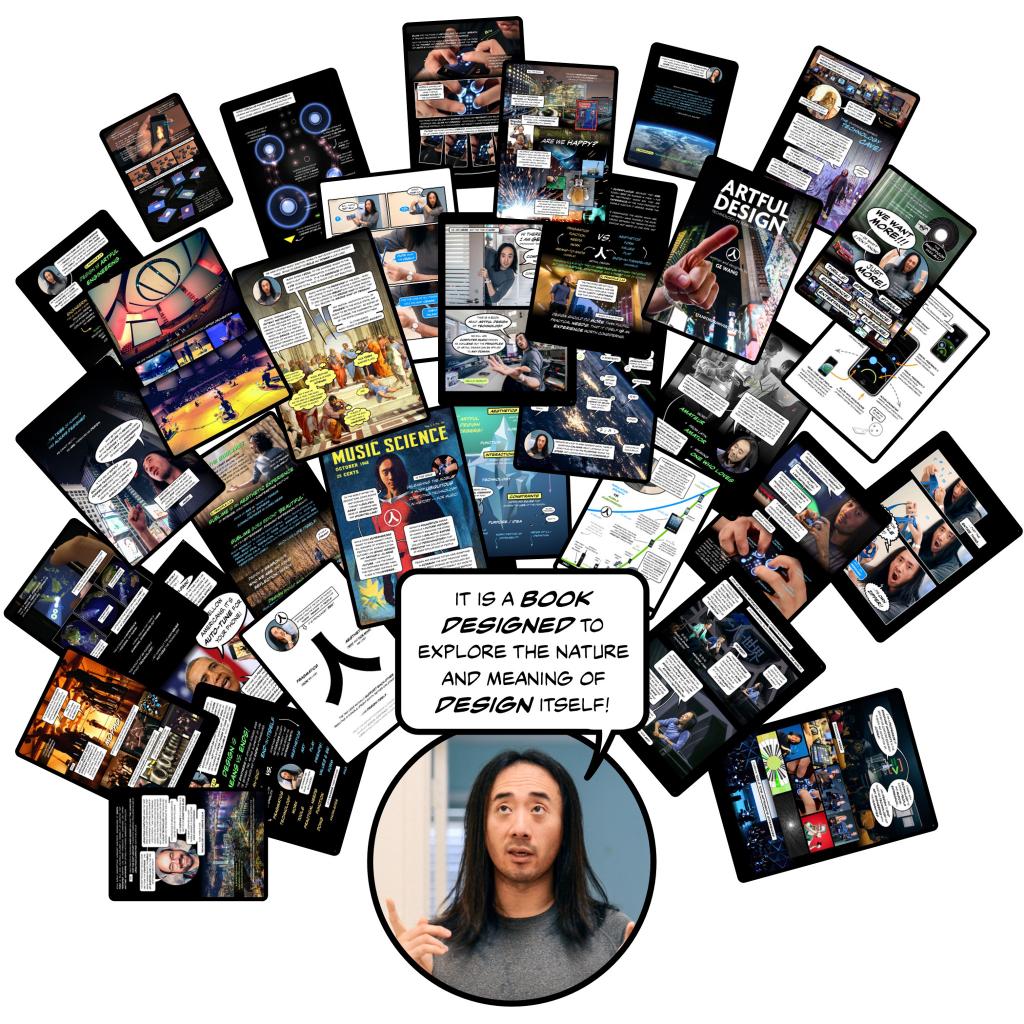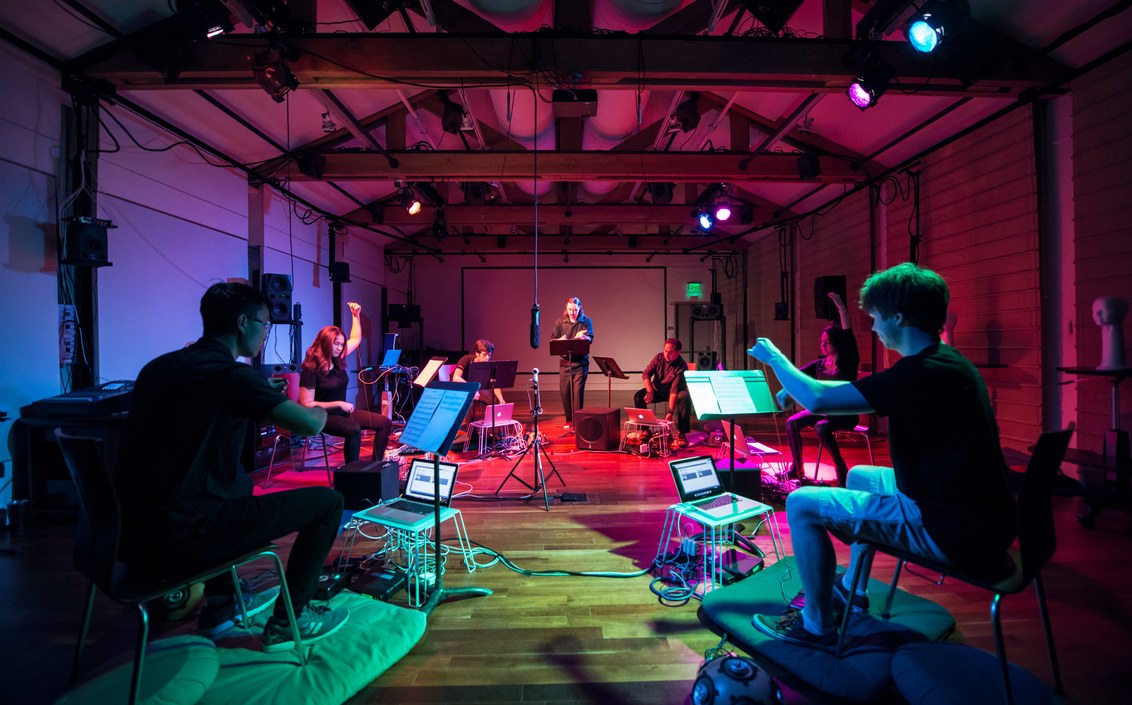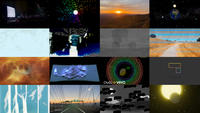Center for Computer Research in Music and Acoustics
Upcoming Events
Junhyeok Lee (from JHU), "Differentiable Phase Augmentation for Speech Synthesis"

Abstract
One of the most important goals of generative models is achieving a one-to-many mapping. In audio signals, the phase is a key component that contributes to one-to-many mapping, particularly in vocoder tasks. However, current audio generative models often overlook this aspect. In this seminar, we will discuss the application of domain knowledge from digital signal processing to deep generative modeling, including concepts such as the Fourier transform, Jensen-Shannon sampling, Nyquist frequency, quantization, and others.
Chris Brown & Thea Farhadian | Solos and Duo Performance

FREE and Open to the Public | In Person + Livestream
Jill Kries - How the brain encodes speech and language with aging and aphasia

Recent Events
Vilbjørg Broch: Reflections

6-7pm Pre-Show Talk
Stanford Cinematheque: FILM BODIES

The ½ Core+ is Constantin Basica, Chris Chafe, Kimia Koochakzadeh-Yazdi, and Fernando Lopez-Lezcano.
Electronic Sound Poetry

FREE and Open to the Public
Foreign/Domestic

FREE and Open to the Public | In Person + Livestream
Past Live Streamed Events
Recent News
Hearables Will Monitor Your Brain and Body to Augment Your Life, by Poppy Crum
Quote from the article:
ARTFUL DESIGN — A new (comic) book by Ge Wang!

What is the nature of design, and the meaning it holds in human life? What does it mean to design well -- to design ethically? How can the shaping of technology reflect our values as human beings? These are the questions addressed in Ge Wang's new book, ARTFUL DESIGN (check it out: https://artful.design/).
Technology that Knows What You're Feeling: TED2018 Talk Featuring Dr. Poppy Crum
What happens when technology knows more about us than we do? Poppy Crum studies how we express emotions -- and she suggests the end of the poker face is near, as new tech makes it easy to see the signals that give away how we're feeling. In a talk and demo, she shows how "empathetic technology" can read physical signals like body temperature and the chemical composition of our breath to inform on our emotional state. For better or for worse. "If we recognize the power of becoming technological empaths, we get this opportunity where technology can help us bridge the emotional and cognitive divide," Crum says.
CCRMA's SLOrk Featured in Wired Magazine
The Aural Magic of Stanford's Laptop Orchestra

CCRMA: Award-winning Faculty!
Way to go, Poppy!
CTA Honors Five for Outstanding Contributions to Tech Industry Initiatives and Standards


